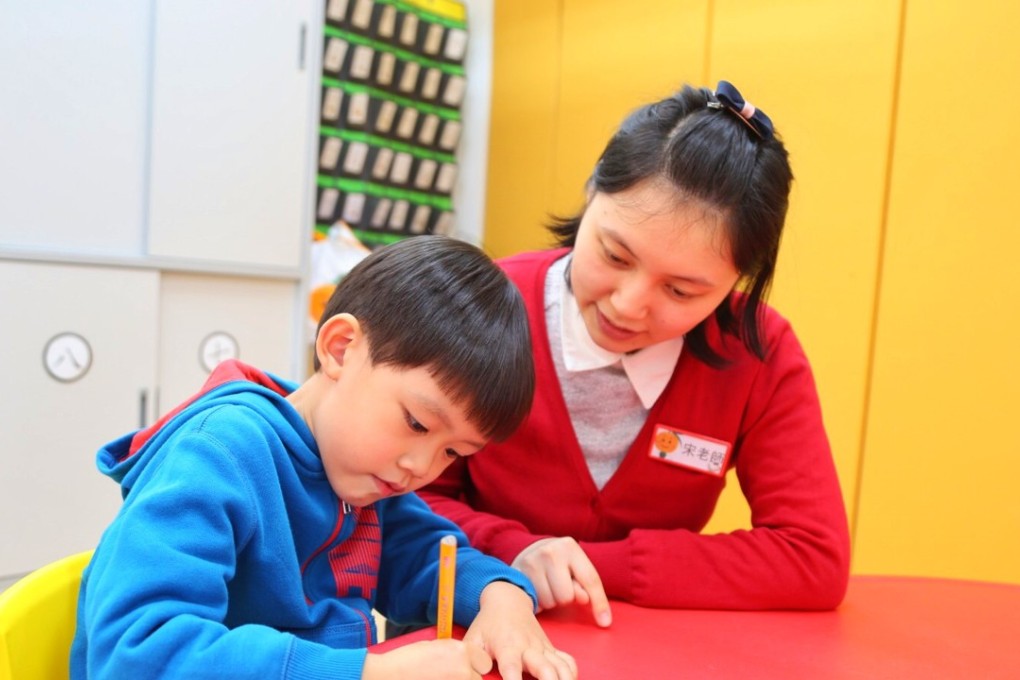How to find the best Mandarin tutor for your child
- Many parents mistakenly place too much importance on cost or qualifications
- There are numerous factors to consider in making the right decision

Tutoring: for some families, it’s a love-hate relationship. The struggle is heightened when it comes to finding a Mandarin tutor. During the selection process, parents’ concerns may be skewed towards either finding the most economical cost or the best teaching qualifications.
These are not the only criteria affecting your child’s learning efficiency. One thing is for sure, though – the last thing we all want is someone who leaves your child feeling bored, frightened or demotivated about Mandarin.
We look at several qualities you may want to consider to ensure an efficient and enjoyable learning experience for your children from their tutor. They are represented by three letters: S-E-A, which stands for Structure, Engagement, and Accent:
Structure and weakness identification
Tutors are often hired to either help children complete their school work or to teach beyond school materials in the hope of getting them ahead. Many tutors may simply take your instructions and do what they are told, but a good tutor should be able to structure the class in a way that makes the child keen to learn. They should also be able to identify areas of weakness in your child’s language needs and guide them through to your expected level in the long run.
You may also want to keep an open dialogue with your child’s classroom teacher to help you identify those weaknesses so that you can check whether your tutor has sensed the same issues.
Kitty Chen is a tutor with more than 30 years’ experience of teaching children Chinese as a second language, and has definite views about tutoring older children. “As tutors, we are constantly innovating teaching methods, so that children will not be tired of learning. For primary students or older, I first open the topic for discussion and help children get into the mode. Do not open the homework book to start the work. I then use the most succinct explanations to help the child understand what they have learned before they can do their homework.”
Do sit down and learn more about what is taught during the lesson. Regardless of whether you are a native speaker, parents have an instinctive ability to recognise areas where their child needs help. Spend at least one lesson sitting with your child while they are being taught. You can sense whether there is a good chemistry and understand which area your child needs help with. Each child has different areas where they need support, and no one knows your child’s needs better than you!